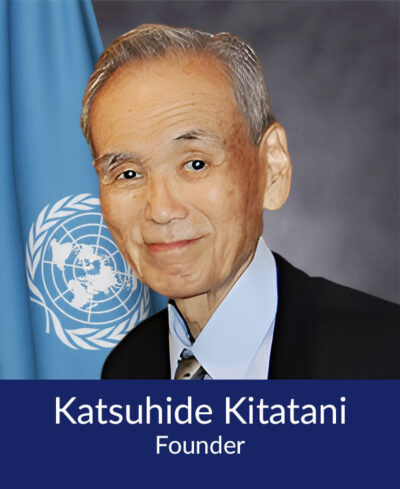History
The International Council on Environmental Economics and Development (ICEED) traces its origins to the Forum 21 Institute, founded in 2012 by the late Katsuhide (Kit) Kitatani. The Institute was established to explore the intersection of environmental sustainability, ethics, and values, seeking to understand how diverse cultural and moral frameworks shape behavior at both individual and societal levels.
Over the years, Forum 21 developed into a recognized hub for innovative thinking and collaboration. Its key achievements included:
- Building a high-level network of policymakers, academics, civil society organizations—including values-based institutions—and private sector leaders.
- Conducting in-depth research on how differing value systems influence decisions, actions, and collective outcomes.
- Partnering with thought leaders to produce policy papers and organize international conferences that advanced forward-looking narratives on sustainability and ethics.
In 2019, the Institute evolved to respond to global challenges at the nexus of environmental economics and development. Reflecting this new direction, it adopted the name International Council on Environmental Economics and Development (ICEED), under which it continues its mission of shaping policy, research, and collaboration for a sustainable future.
About the Founder

Katsuhide (Kit) Kitatani was a pioneer in Japan’s engagement with the United Nations. In 1962, he played a key role in establishing the UN office in Japan and became only the second Japanese national to serve as a UN staff member since the organization’s founding. Over the course of his distinguished career, he held several prominent positions, including UN Assistant Secretary-General (ASG) and Deputy Executive Director of the United Nations Population Fund (UNFPA).
Following his retirement from the United Nations, Kit and his wife, Akiko, established the foundation NPO 2050 (Women in Need International), dedicated to advancing social welfare and supporting vulnerable communities. The Kitatani family also shares close familial ties with the Mikasa Imperial family of Japan and has actively supported its activities over the years.
